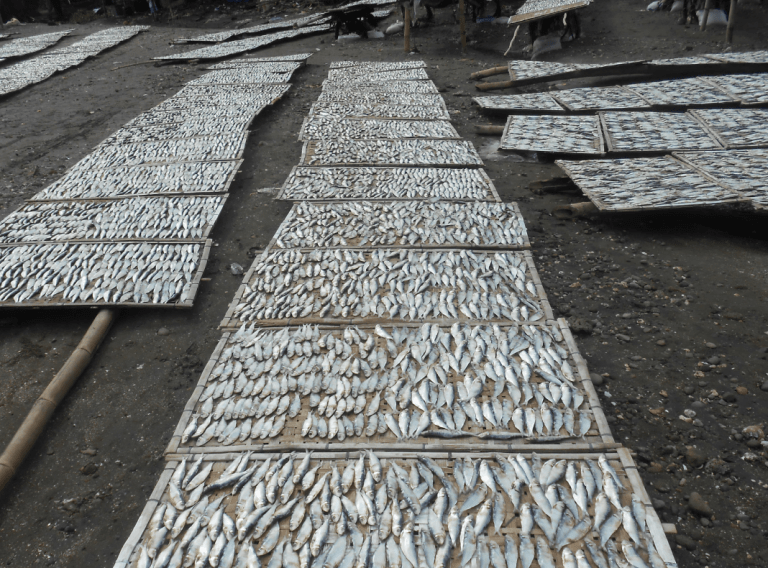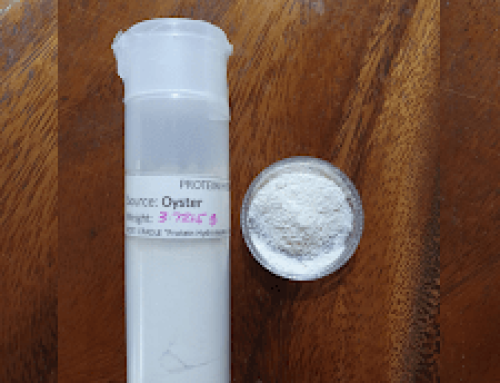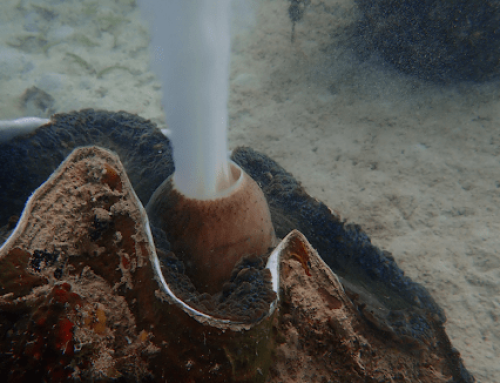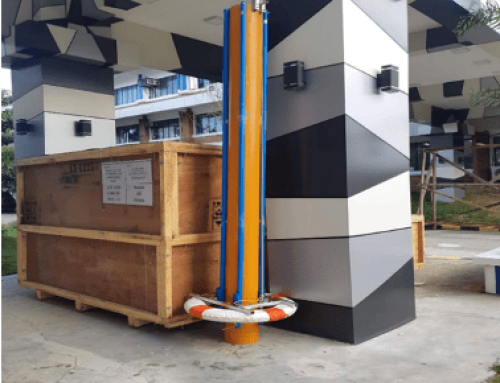In this Article

The Visayan Sea, located at the center of the Philippines, is a major source of food, income, and livelihood for 22 municipalities in the four provinces surrounding it. However, overfishing and degradation have been threatening the productivity of the Visayan Sea for many years.
The establishment of closed season for the period November 15 to February 15 annually is one of the key initiatives in the conservation of sardines, mackerel, and herring found rich in the Visayan Sea. Started in 1939, the closed season policy underwent a number of revisions and suspension, and was strictly implemented starting 2012. The fishing closure, however, has both positive and negative impacts on the livelihood of those dependent on the fishery. Although the impact on fish biomass has been documented, the economic impact has not been studied in much detail.
A PCAARRD-funded study assessed the impacts of the closed fishing season for sardines, herring, and mackerel in the Visayan Sea. It focused on the policy’s impacts on the income of fishers, traders, and processors between two periods: 2011 (base period, before revival of the fishing closure) and 2015 (fishing closure was ongoing). It also provided policy recommendations that would help maximize the benefits of the closed fishing season for sardines, herring, and mackerel.
There are a number of reasons why the economic impact of the closed fishing season is negative in general, including the following issues:
- Policy lacks accuracy, precision, and clarity
- Inconsistent and conflicting fishery policies
- Implementation of the closed fishing season is highly fragmented
- Weak enforcement of the policy
- Governability is low
- Disconnection among major stakeholders: the fishers, fisheries managers, and the scientists
- Weak link between science and implementation of the policy
There is a need to review the science, management, and administration mechanism of closed fishing season, capacitate local governments, and improve community participation if closed fishing season policy is to continue.







